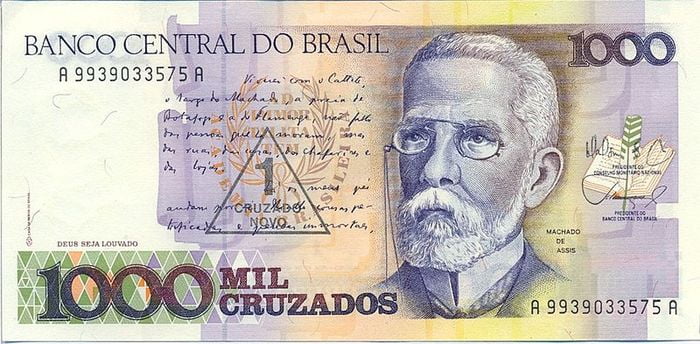During this time there was much talk of the colonel. People came and told me tales about him, but without observing the priest`s moderation. I defended the memory of the colonel. I recalled his good qualities, his virtues; had he not been austere?
“Austere!” they would interrupt. “Nonsense! He is dead, and it`s all over now. But he was a regular demon!”
And they would cite incidents and relate the colonel`s perversities, some of which were nothing less than extraordinary.
Need I confess it? At first I listened to all this talk with great curiosity; then, a queer pleasure penetrated my heart, a pleasure from which, sincerely, I tried to escape. And I continued to defend the colonel; I explained him, I attributed much of the fault-finding to local animosity; I admitted, yes, I admitted that he had been a trifle exacting, somewhat violent.
“Somewhat! Why he was as furious as a snake!” exclaimed the barber.
And all—the collector, the apothecary, the clerk—all were of the same opinion. And they would start to relate other anecdotes. They reviewed the entire life of the deceased. The old folks took particular delight in recalling the cruelties of his youth. And that queer pleasure, intimate, mute, insidious, grew within me—a sort of moral tapeworm whose coils I tore out in vain, for they would immediately form again and take firmer hold than ever.
The formalities of the inventory afforded me a little relief; moreover, public opinion was so unanimously unfavorable to the colonel that little by little the place lost the lugubrious aspect that had at first struck me. At last I entered into possession of the legacy, which I converted into land-titles and cash.
Inheritance in charity
Several months had elapsed, and the idea of distributing the inheritance in charity and pious donations was by no means so strong as at first it had been; it even seemed to me that this would be sheer affectation. I revised my initial plan; I gave away several insignificant sums to the poor; I presented the village church with a few new ornaments; I gave several thousand francs to the Sacred House of Mercy, etc. I did not forget to erect a monument upon the colonel`s grave—a very simple monument, all marble, the work of a Neapolitan sculptor who remained at Rio until 1866, and who has since died, I believe, in Paraguay.
Years have gone by. My memory has become vague and unreliable. Sometimes I think of the colonel, but without feeling again the terrors of those early days. All the doctors to whom I have described his afflictions have been unanimous as regards the inevitable end in store for the invalid, and were indeed surprised that he should so long have resisted. It is just possible that I may have involuntarily exaggerated the description of his various symptoms; but the truth is that he was sure of sudden death, even had this fatality not occurred.
Good-bye, my dear sir. If you deem these notes not totally devoid of value reward me for them with a marble tomb, and place there for my epitaph this variant which I have made of the divine Sermon on the Mount:
“Blessed are they who possess, for they shall be consoled.”
Read More about Skobelef part 4








